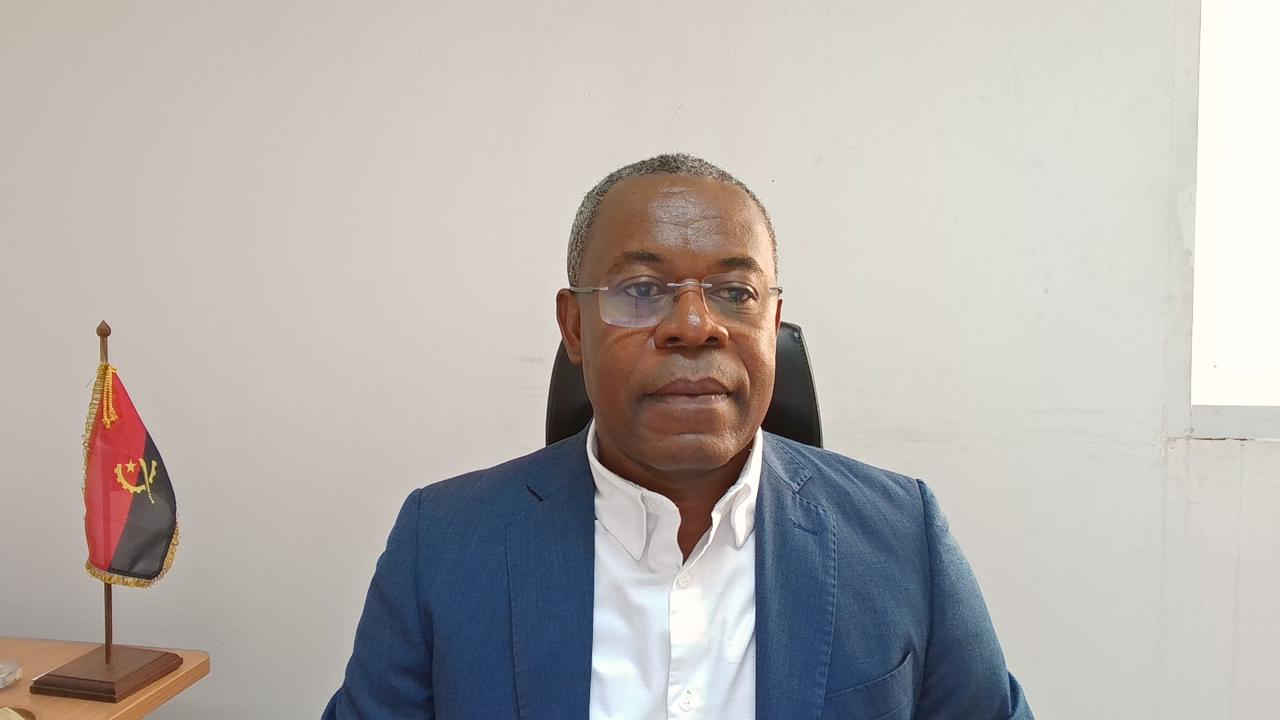- Home
- About Us
- Background
- Mandate
- Cubango Okavango River Basin
- Governance
- Strategy and Approach
- Member States
- Our Work
- Partners
- Climate Resilient Infrastructure Development Facility (CRIDF)
- European Union (EU)
- Southern African Development Community (SADC)
- Swedish International Development Cooperation Agency (SIDA)
- The World Bank (WB)
- United Nations Development Programme (UNDP)
- United States Agency For International Development (USAID)
- Resources
- News and Events
- Opportunities
- Contact Us
- FAQ's
- Connect With Us
- i
- t
- f

Celebrating the growth, 30 years of OKACOM- Angola Insights
Wednesday, March 12, 2025

As we mark the significant milestone of 30 years of existence of the Permanent Okavango River Basin Water Commission (OKACOM), it is essential to reflect on its journey, achievements, and future prospects. Established in 1994, OKACOM has played a crucial role in fostering cooperation among the Member States of Angola, Botswana and Namibia, and in the sustainable management of the Cubango-Okavango River Basin. In an interview with Carolino Manuel Mendes, the Co-Chair Commissioner for Angola and Director General of the Office for the Administration of the Cunene, Cubango and Cuvelai River Basins, we gained valuable insights into the benefits and progress evolution over the past three decades.
What role has OKACOM played in managing the Basin over the past 30 years and how successful has this been thus far?
Over the last 30 years, OKACOM has played a key role in the sustainable management of the Cubango-Okavango Basin, promoting the alignment of the visions of the three member states of Angola, Namibia and Botswana, through a cooperative and integrated approach. The organization has facilitated dialogue and joint decision-making, contributing significantly to the stability and preservation of this geostrategically important ecosystem. In general, its work has been successful, allowing for significant advances in the governance of water resources and the strengthening of good relations between member states, an exemplary contribution to peace in the region. The institutionalization of the OKACOM Ministers' Forum in 2015 gave it a new dynamic and strengthened the decision-making capacity of the member states, ensuring a more efficient and swifter governance process. This mechanism has been essential for consolidating cross-border cooperation and aligning national priorities with regional sustainable development objectives.
What are some of the benefits for Angola which have come about by the joint management of the Basin?
Angola's participation in OKACOM has generated a number of benefits. One of the main advances has been the rehabilitation of the hydrometric stations, which remained inoperative for long periods and whose recovery has been made possible by investments mobilized through the organization. In addition, joint management has led to the drafting of key strategic documents, such as the Basin's Strategic Action Plan, the Transboundary Diagnostic Analysis, the Multisectoral Investment Opportunities Analysis, among others. These are instruments that, in addition to structuring regional actions, contribute to the internal definition of water resource management and sustainable development policies.
What does Angola hope for the future in terms of the joint management, and opportunities to strengthen the collaboration amongst Member States? What could be the main focus?
In the future, Angola hopes that the joint management of the Basin will continue to evolve, with a focus on improving people's living conditions by improving livelihoods, in which agriculture and fishing occupy a prominent place, with sustainable actions. These actions are part of the Angolan government's National Development Plan. The Cubango-Okavango River Basin area stands out as one of the most promising for ecotourism, and OKACOM can play a key role in attracting investors and carrying out studies to create a tourist corridor of reference, in line with the KAZA project. In addition, in view of the challenges posed by climate change and the growing demand for energy, Angola believes it is essential for the organization to carry out more independent studies on member states' initiatives. The case of Mucundi, for example, represents an excellent opportunity for harnessing renewable energies, while allowing water to be stored and managed more rationally at different times of the year. This mechanism could benefit not only Angola and Namibia, but also contribute to the ecological balance of the Okavango Delta. On the other hand, OKACOM should play an active role in finding compensatory solutions that ensure environmental preservation, reconciling economic and social development, when faced with the possibility of investing in and exploiting the basin's different resources. Thus, the organization should redirect its efforts towards balancing economic growth and the conservation of the Basin, guaranteeing its protection for future generations.
Thematic Areas & Activities
News
subscribe for news notification by email
Photo Credit: Kostatin Luchansky, National Geographic, Okavango Wilderness Project.
© [current-date:custom:Y] [site:name]

